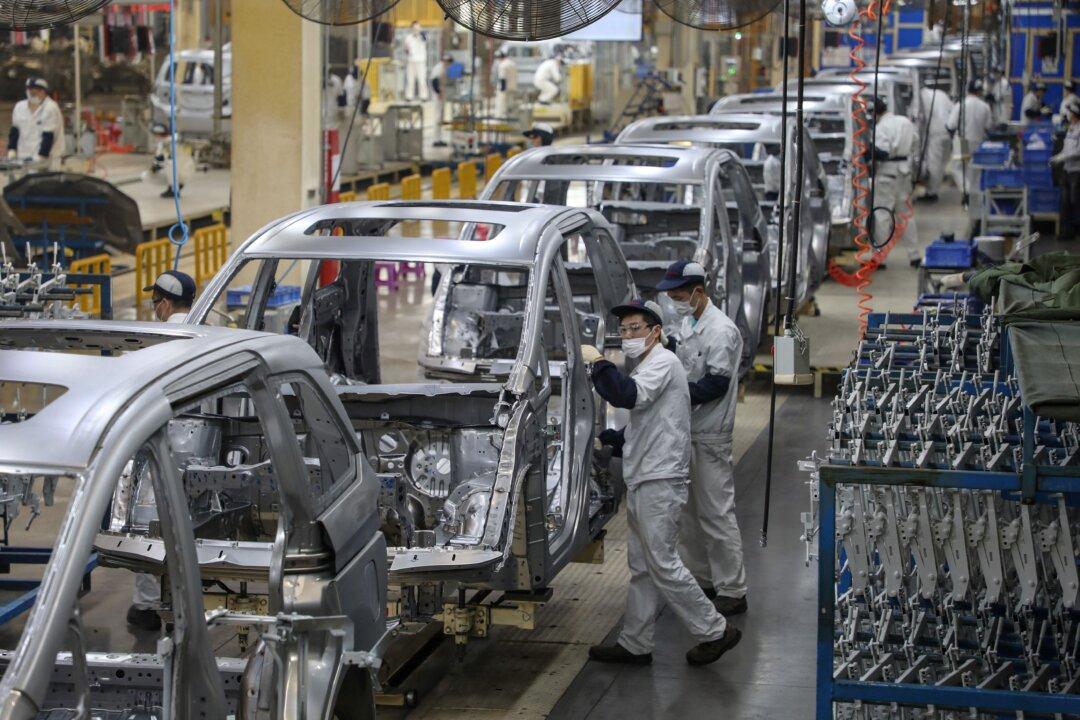The world is currently experiencing computer chip shortages and China is no exception. China’s lagging semiconductor manufacturing business has become a long-term barrier for its auto industry.
China held its Automotive Industry Summit, the “2021 China Automotive Forum,” in Shanghai from June 17 to 19. The forum focused heavily on how to solve the chip crisis, as the themes were “Automotive Chip Shortage” and “China’s Countermeasures.”





